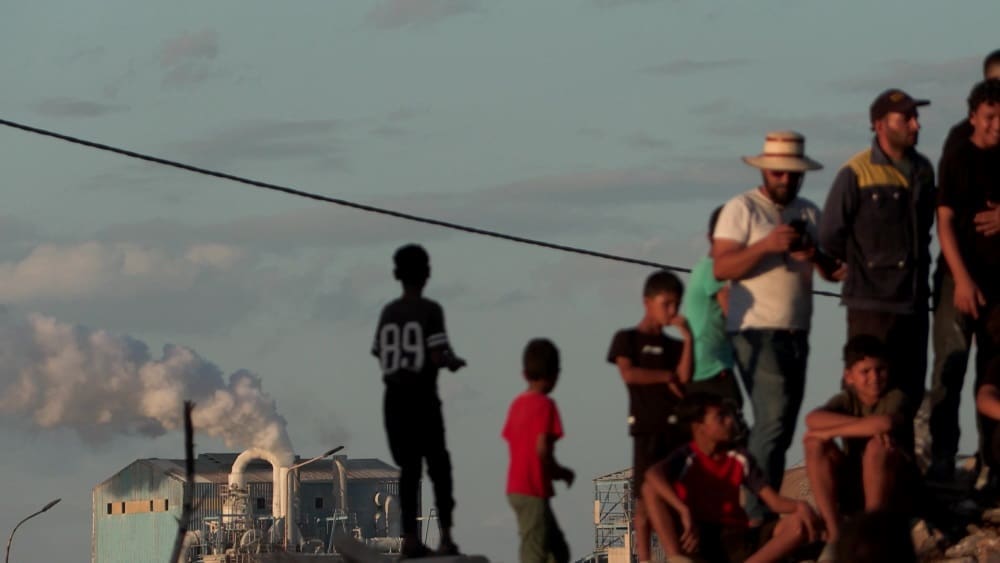Gabes, Tunisia | AFP
Thousands of demonstrators gathered in Gabes in southern Tunisia on Friday, calling for the closure of facilities at an ageing chemical factory blamed for hundreds of cases of poisoning.
Anger has reignited in the city over pollution from the plant and its toll on residents’ health, while authorities push to expand the output of fertiliser, produced at the complex, to boost Tunisia’s struggling economy.
Videos circulating online of children with apparent breathing issues prompted tens of thousands of people to take to the streets in Gabes on October 21 in an unprecedented mobilisation, according to activists.
Protesters were out again in force on Friday.
“The people demand the dismantling of polluting units,” chanted demonstrators marching towards the Tunisian Chemical Group (GCT) complex, carrying placards reading “Deserve to Breathe.”
Khayreddine Debaya, coordinator of Stop Pollution, an NGO working for decades in Gabes, said: “The people have decided — these units must be dismantled as soon as possible.”
One resident, Hassani Essouai, said protestors wanted to see a “total dismantling” of the site rather than “repairs or renovation”.
Another local, Abderrazak Ounis, said: “No official is responding to our demands. Even still, the smoke is getting worse every day.”

The plant, inaugurated in 1972, processes phosphate to make fertilisers, and some of the gases and waste it discharges into the open air and the Mediterranean are radioactive and can cause cancer, researchers have found.
Production also emits sulfur gases, nitrogen, and fluorine, according to an audit carried out in July 2025 for the African Development Bank, which reported “major non-compliance” in terms of air and marine pollution.
Various studies have highlighted a loss of more than 90 percent of marine biodiversity in the Gulf of Gabes.
Doctors and local residents report a higher incidence of respiratory diseases and cancers than elsewhere in Tunisia.
Tunisian President Kais Saied recently said he “shares the pain and aspirations” of the city’s inhabitants, promising solutions and that “every Tunisian will soon breathe clean air, free from all forms of pollution.”
Authorities have been caught between efforts to develop the strategic sector and a 2017 promise to gradually close the Gabes plant.
Equipment Minister Salah Zouari recently announced the implementation of “urgent measures” within “three to six months” after Chinese companies were appointed “to deal with gas emissions.”
The GCT did not respond to requests for comment from AFP.
According to several experts, the rehabilitation of polluting units, planned more than 15 years ago, remains possible but costly in a country with a debt level of around 80 percent of GDP.
pho-vid-fka/iba/cab/csp/jw
© Agence France-Presse
Article Source:
Press Release/Material by AFP
Featured image credit: Ezer Mnasri | AFPTV | AFP



